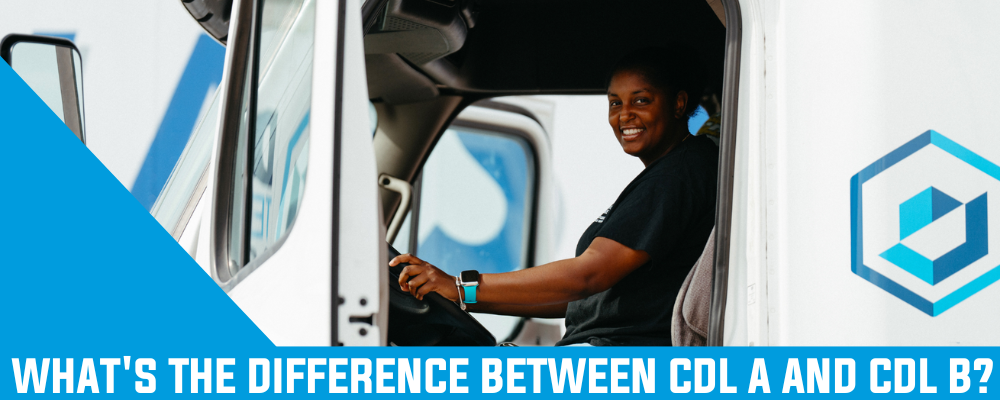Are you interested in the available resources and financial aid options for non-traditional students? Are you considering going back to school, but you aren’t sure if you can afford tuition? There are many ways to seek aid in funding your education as a non-traditional student.
At Midwest Technical Institute (MTI), financial aid may be available to students who qualify.
How Should You Begin to Apply for Financial Aid as a Non-Traditional Student?
- Forms can be completed at fafsa.ed.gov
- There’s no age limit for applying
- The application is free
- You can also apply for an FSA ID [2], which will help with online paperwork
There are three categories [2] of federal aid for students:
- Grants are student aid funds that do not need to be repaid. Many grants are awarded based on financial need.
- Work-study is a program which allows students to earn money through a job on or near campus while enrolled in classes. Although MTI does not offer a work-study program, the Student Services department at MTI may be able to help you find a local part-time job opportunity while you are enrolled.
- Loans are borrowed money that will need to be repaid often with interest.
The FAFSA is used to apply for many state loans, grants, and scholarship programs, plus federal loans and grants. [3] Be sure to check what your state deadlines and your school’s state deadlines are when applying.
What Are the Other Financial Aid Options for Non-Traditional Students?
If you’re not eligible for federal or state financial aid, you can seek funding assistance through a few other options:
- Private loans. These student loans are sponsored by private, external lending organizations with varying loan terms and rates and must be repaid.
- Scholarships [1]. A great option for non-traditional students, scholarships often have varying requirements for who should apply and plenty are suitable for students of any age and any area of study.
- Employer assistance. If you’re currently employed, talk to your employer about any financial assistance that may be available through your job. Your employer may aid your education funding if it will enhance your performance.
- Workforce Investment Act (WIA) [4]. The WIA is a federally funded employment and training program, which offers training grants. The WIA was designed to empower individuals to improve their careers and opportunities. The training grants cover tuition and books. There can be differences among states, but the general WIA guidelines to qualify are:
- Must be in need of training to re-enter the work force
- Have little or no work history, outdated training, or skills that are no longer marketable
Interested in Learning More About MTI?
Fill out the form below to receive info about our career training programs.
How Can You Apply for Financial Aid at Midwest Technical Institute?
A majority of non-traditional MTI students receive some sort of financial aid or assistance. Because of the rolling admissions, there is no deadline at MTI to apply for financial aid, grants, or other assistance. After you’ve selected a program, you should complete your financial aid applications before beginning classes. If you have already completed the FAFSA, you just need to add the MTI school code.
Understanding the Requirements of Your Financial Aid
It is important to understand the requirements and repayment details when accepting financial aid and loans. Only borrow what you need, which may include books, lodging, transportation, and tuition.MTI’s Student Loan Management Department can help you manage your repayment and understand some loans
There Are Numerous Ways to Receive Financial Aid and Scholarships as a Non-Traditional Student
There are many options for financial aid for non-traditional students. The first step to finding the right aid for you is contacting the Admissions Team at Midwest Technical Institute; they will set up a time for you to visit campus and set up a meeting with the Financial Aid Team.
[2] https://studentaid.ed.gov/sa/sites/default/files/federal-student-aid-for-adult-students.pdf[3] http://www.finaid.org/otheraid/state.phtml[4] https://www.doleta.gov/programs/more_info.cfm



